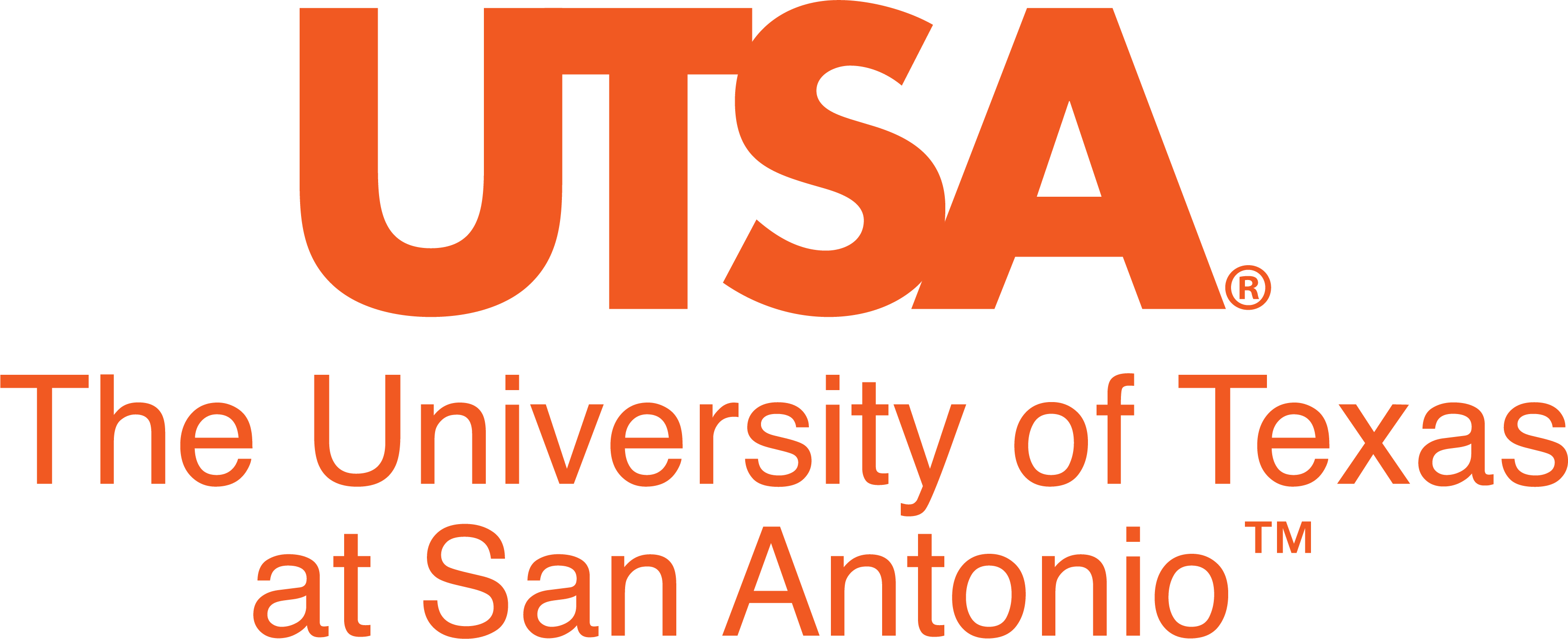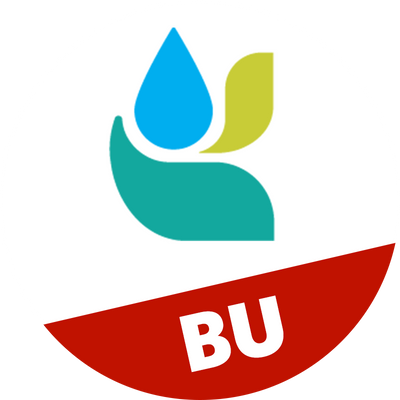Biosurveillance
Assessment, prevention, preparation for, response to, and recover from the full spectrum of biothreats, including early warning
141 Members with Biosurveillance capabilities

The University of Texas System is a leading public university system in the United States, dedicated to improving lives through education, health care, and research. With over 256,000 students enrolled across 14 institutions, the UT System is committed to providing affordable access to higher education and producing a skilled workforce to drive Texas's economy.

IQVIA is a global leader in advanced analytics, technology solutions, and clinical research services for the life sciences industry. With a mission to accelerate innovation for a healthier world and a vision to power smarter healthcare for everyone, everywhere, IQVIA leverages unparalleled data, transformative technology, and deep healthcare expertise to drive better patient outcomes. Operating in over 100 countries with approximately 88,000 employees, IQVIA supports pharmaceutical, biotech, medtech, public health, and government organizations with a comprehensive portfolio of services and solutions. The company is recognized for its Connected Intelligence™, healthcare-grade AI, and commitment to sustainability, innovation, and evidence-based insights that shape the future of healthcare globally. IQVIA is also dedicated to reducing health inequities and driving sustainable change through innovation, collaboration, and data-driven solutions, partnering with organizations worldwide to address complex healthcare challenges.

Texas Tech University (TTU) is a leading public research university located in Lubbock, Texas. With a commitment to providing a diverse and inclusive education, TTU offers over 150 undergraduate and 104 graduate programs across various fields. The university emphasizes innovation, research, and community engagement, aiming to empower students to become world-changers and leaders in their respective fields. As a Carnegie Tier One Research Institution and a Hispanic-Serving Institution, TTU is dedicated to fostering an environment that promotes inclusive access while attracting committed and high-achieving students. TTU has a vibrant campus life, with over 600 student organizations and a strong focus on student wellness and support. The university is also recognized for its significant contributions to research and community outreach, including initiatives like the Thoma Scholars Program for rural students and the Institute for Critical Infrastructure Security. Recently, the opening of the Cash Family Ranch Life Learning Center has further enhanced TTU's commitment to education and community engagement, providing immersive experiences related to ranching and agriculture.

Georgia Southern University is a vibrant institution with over 26,100 students across three campuses in Statesboro, Savannah, and Hinesville. The university offers 132 degree programs at the associate, bachelor’s, master’s, and doctorate levels, emphasizing student success, community impact, and research excellence. With a commitment to inclusivity and engagement, Georgia Southern fosters a supportive environment for diverse learners, including military-affiliated and adult students. The university is dedicated to transforming lives through education and community engagement, aligning its programs with regional needs. Additionally, Georgia Southern provides accelerated pathways for students to fast-track their master's degrees, enhancing educational opportunities. The university also emphasizes career readiness and public impact research, preparing students for successful careers and contributing to community development.

Humanetics Corporation is a clinical-stage pharmaceutical company based in Minneapolis, Minnesota, focused on developing and commercializing products to enhance human health and wellbeing. Founded in 1988, the company specializes in radiation modulators, adjunctive oncology therapies, and pulmonary protective therapies, particularly for COVID-19. Humanetics is known for its lead drug candidate, BIO 300, which is being developed as a radioprotectant for military and civilian use, as well as a treatment to improve outcomes in cancer patients receiving radiotherapy. The company is actively engaged in research programs for non-small cell lung cancer, prostate cancer, and head and neck cancers.

The University of Texas at San Antonio (UTSA) is dedicated to the advancement of knowledge through research, teaching, and community engagement. As a premier public research university, UTSA embraces multicultural traditions and serves as a catalyst for socioeconomic development, providing access to educational excellence and preparing citizen leaders for the global environment.

Auburn University Research & Economic Development is dedicated to advancing research and economic growth through a collaborative effort among its various colleges and departments. The organization focuses on fostering innovation, supporting faculty and student research, and facilitating partnerships with industry and government to address societal challenges and enhance the quality of life. Recent initiatives include the launch of the Team Science Series to promote interdisciplinary collaboration and the development of the Gulf Coast Engineering Research Station to address coastal environmental challenges.
Seek Labs is a biotechnology company headquartered in Salt Lake City, Utah, dedicated to advancing scientific discovery and delivering universal healthcare solutions. The company specializes in next-generation point-of-care molecular diagnostics and programmable CRISPR-based therapeutics, aiming to bridge the gap between disease outbreak and intervention. Powered by its proprietary AI discovery engine, BioSeeker™, Seek Labs is building a modular, full-stack system that enables rapid response to emerging pathogens, scalable precision treatments, and accessible diagnostics. The company is committed to global health innovation, sustainability, and community engagement, and is a proud member of Utah's BioHive life sciences ecosystem. Seek Labs' mission is to empower individuals with healthcare solutions tailored to their specific needs, revolutionizing the detection and treatment of diseases for both human and animal health.

The Institute for Integrative & Innovative Research (I3R) at the University of Arkansas is dedicated to pioneering solutions to complex societal challenges through convergence research. With a mission to advance research excellence and stimulate economic development, I3R focuses on deploying innovations at scale through collaboration across various sectors, including academia, industry, and government.

UTMB is dedicated to supporting research, education, and scholarly endeavors, with a focus on creating the future of healthcare through innovative research and community engagement.

Advanced BioScience Laboratories, Inc. (ABL) is a global biomedical contract research and manufacturing organization dedicated to advancing vaccines, therapeutics, and other biologic products. ABL leverages its expertise in product development, GMP manufacturing, and immunological testing to support the development of candidate vaccines and therapeutics through preclinical and clinical stages. The company is involved in producing and testing oncolytic viruses, gene therapies, immunotherapies, viral vaccines, and recombinant protein vaccines.

Zeteo Tech is a venture-backed biodefense and medical device company that has developed a revolutionary new class of fieldable biological mass spectrometers. Their technology identifies airborne microbes, proteins, and lipids, enabling rapid screening for infectious diseases and bio-threats. With a focus on cost-effective solutions, Zeteo Tech aims to enhance biodefense capabilities and improve patient screening for diseases like tuberculosis.

The University of Queensland (UQ) is one of Australia's leading research and teaching institutions, dedicated to transforming lives through education and research. UQ aims to create a better future by equipping students with the skills and knowledge necessary for their chosen careers, while also addressing some of the world's most complex challenges through innovative research.

The University of Chicago is a prestigious urban research university committed to rigorous inquiry and intellectual freedom. Founded in 1890, it has produced numerous Nobel laureates and is known for its transformative education and groundbreaking research across various fields. The university fosters an inclusive and diverse learning environment, encouraging participation from all community members.

Boston University is a major research institution committed to leading breakthroughs across various disciplines. The Office of Research supports and advances research excellence, fostering collaboration among researchers, industry partners, and government leaders to address significant societal challenges.

Baylor University is a preeminent Christian research university committed to addressing the world's most meaningful challenges through top-tier research and scholarship. Recognized as an R1 research institution, Baylor focuses on infusing its distinct Christian mission into its research initiatives, fostering a commitment to excellence and innovation.

Theradaptive
Theradaptive’s RESTORE Trial Initiation for OsteoAdapt™ DE
Theradaptive launches RESTORE Phase I/II trial of OsteoAdapt™ DE for faster, precision bone healing in craniofacial injuries. MTEC-funded study targets improved recovery for military and civilian patients.
Altec
Autonomous Rehabilitation Device for Improved Recovery in Warfighters
The OSCIR platform—developed by Altec Inc in collaboration with the Naval Health Research Center—is bringing clinical-grade, real-time movement analysis to the front lines. Funded under MTEC-22-02-MPAI
Medical Technology Enterprise Consortium (MTEC)
The Power of IP: Why It Matters to MTEC and Our Mission
MTEC President highlights intellectual property as essential to protecting innovation, attracting investment, and enabling collaboration. A new partnership with Patenter.io supports members in managing and commercializing IP.
George Mason University
SMART-US Wearable Ultrasound + AI Device for Muscle Force Prediction
AI-powered ultrasound in a wearable—SMART-US delivers lab-grade muscle-force insights anywhere.